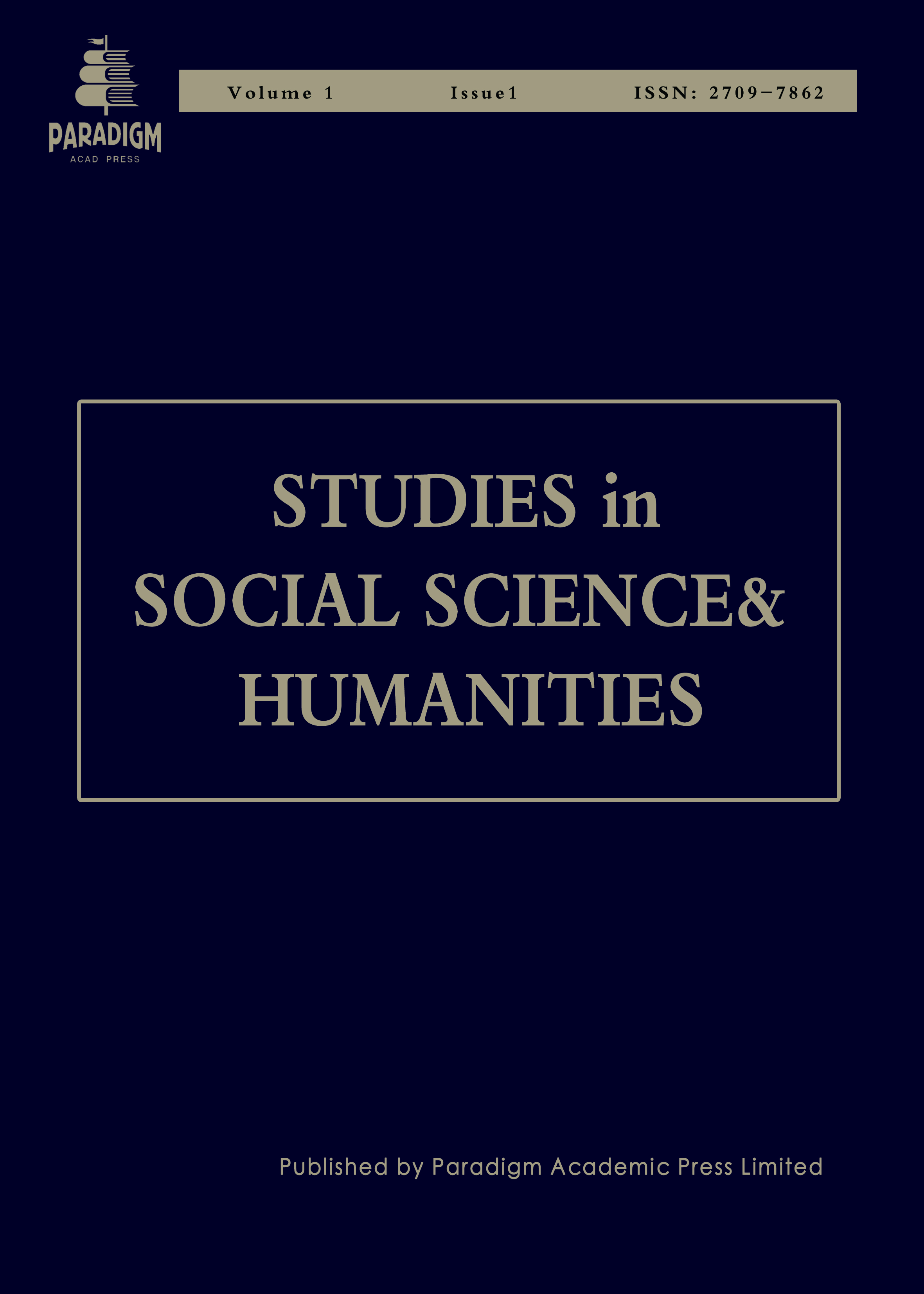Job Design and Employees Knowledge Sharing Behaviour in Federal Universities, Nigeria
Keywords:
job design, human resource management, employee behaviour, employee commitment and knowledge sharingAbstract
In this era of global advancement and competition in the educational sector, knowledge sharing has become a panacea for organisations to gain and to sustain a competitive advantage. Learning institutions are faced with how to manage their employees; motivating people to share knowledge, organising existing knowledge and making knowledge easily accessible. Evidence from literatures review has shown that negligence and inadequate implementation of human resource management variables are responsible for poor employee knowledge sharing behaviour in federal universities. This study was conducted using Multiple Regression Analysis, to examine the effect of job design and employee knowledge sharing behaviour in University of Uyo in Akwa Ibom and University of Calabar in Cross River States, Nigeria and to identify gaps relating to job design and employee knowledge sharing behaviour. Survey research design was employed in the study. A sample size of 364 was selected using Taro Yamane formula while Bowler’s Proportionate Allocation Formula was used to determine each sample size of 139 and 225 for UNIUYO and UNICAL respectively. Data collected were analysed using SPSS version 28. Result from tested hypothesis showed that job design has a significant positive effect on employee knowledge sharing behaviour in UNIUYO and UNICAL in Nigeria. Based on the result, it was recommended that the management of the institutions should ensure adequate job design to effectively highlight individual duties and responsibilities to encourage employee’s knowledge sharing behaviour. It also suggested regular training and appropriate supervision of staff to enhance and strengthen the knowledge capacity of the employees.


